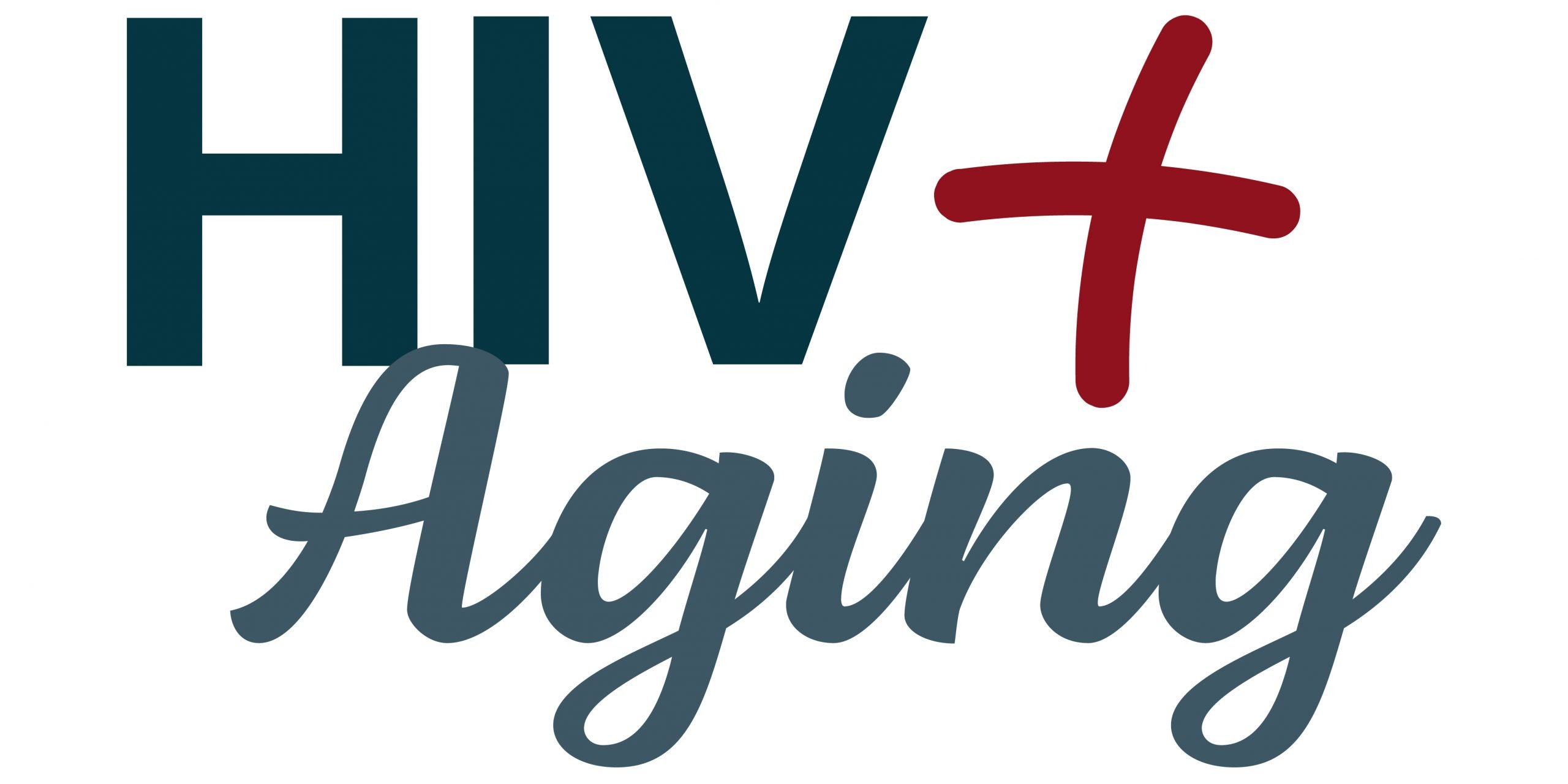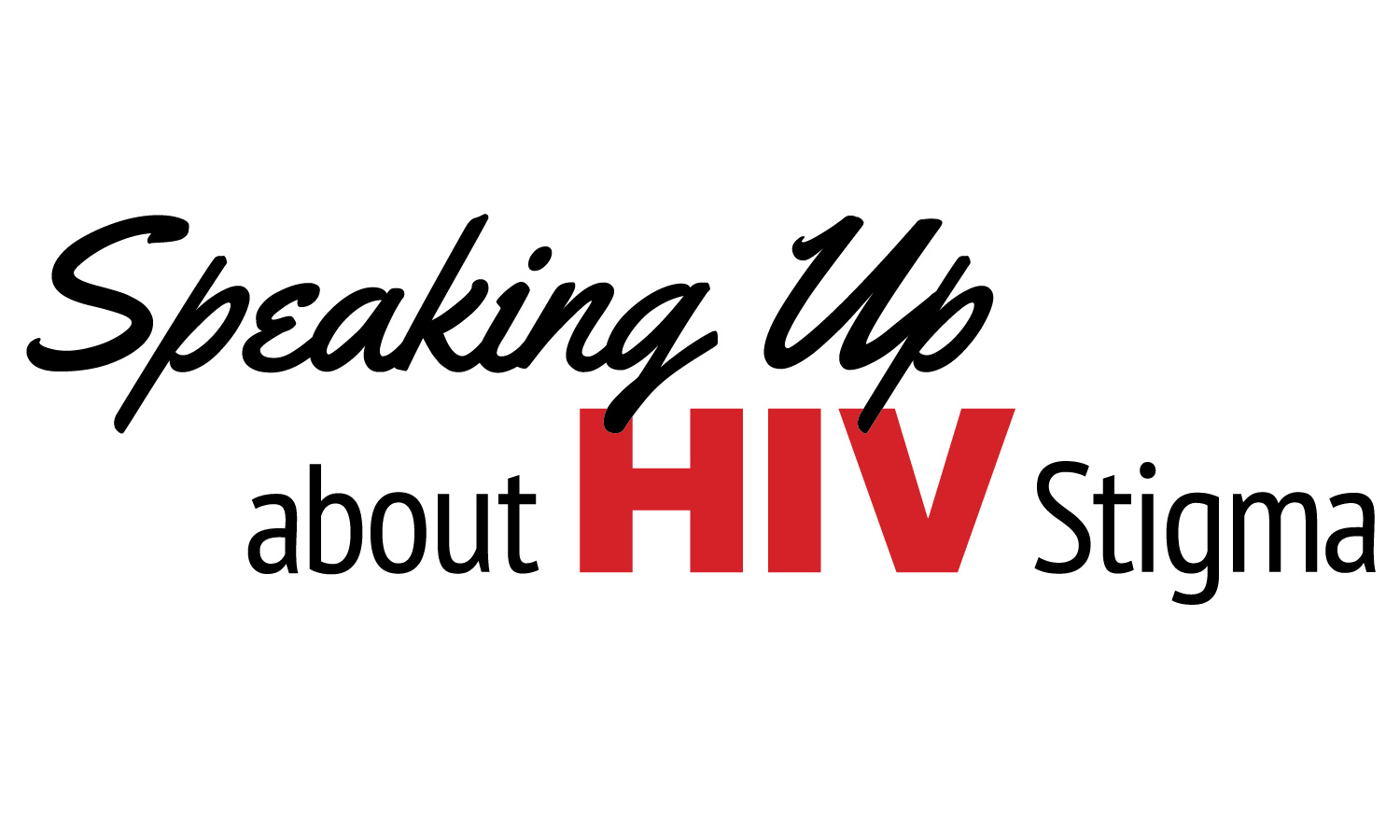The CDC recommends that everyone 13 to 64 years old get tested for HIV at least once, as part of routine health care, and that persons at higher risk of HIV get tested more often. Your health care provider may recommend HIV testing if you are over 64 and at risk for HIV.
If you are at very high risk for acquiring HIV through sex or injection drug use, you may consider taking an anti-HIV medication daily, called pre-exposure prophylaxis, or PrEP. Effective at reducing the risk of acquiring HIV, PrEP must be taken every day. Talk with your doctor to find out whether PreP is right for you.
Older persons are less likely than younger persons to get tested, for several reasons:
- Older persons are often considered at low risk of getting HIV. For this reason, health care providers may not always think to test older persons for HIV.
- Some older persons may be embarrassed or afraid to be tested for HIV.
- In older persons, signs of HIV may be mistaken for symptoms of aging or of age-related conditions. Consequently, testing to diagnose the condition may not include HIV testing.
- Some persons may not have access to health facilities and services. By the time the older person is tested and diagnosed, the virus may be in the late stages and more likely to progress to AIDS.
For these reasons, HIV is more likely to be diagnosed at an advanced stage in many older persons. Diagnosing HIV at a late stage also means a late start to treatment with HIV medicines and possibly more damage to the immune system.
Ask your health care provider whether HIV testing is right for you. Use these questions from Health.gov to start the conversation: HIV Testing: Questions for the doctor.
This page’s content was adapted from information found on hiv.gov, cdc.gov, and the National Institute of Aging at nih.gov.
National HIV/AIDS and Aging Awareness Day (NHAAD) is observed each year on September 18. Founded by the AIDS Institute, NHAAD brings attention to issues related to HIV among older Americans, including new infections among older adults and adults over 50 aging with HIV.
Read more.




